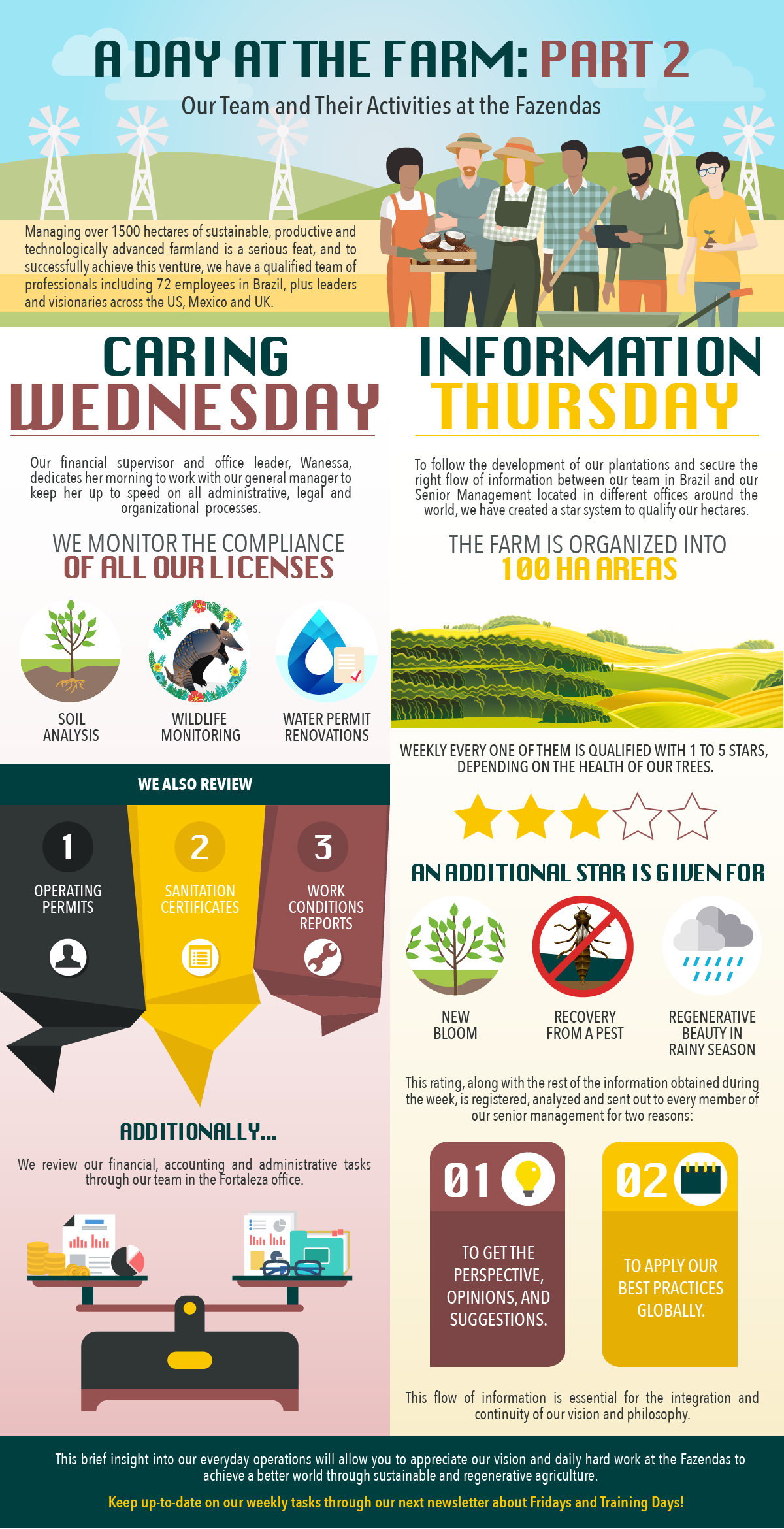Our Latest Video from Brazil
At the forefront of sustainable and regenerative agriculture, Primal’s agronomists are enabled by the most innovative technologies and resources at the forefront of the new Green Revolution. The combination of natural crop care solutions alongside the latest advances in AgTech allow us to nurture our neem and coconut trees in the most sustainable way possible, and to manage our project from both a productivity and environmental perspective.
Our Chairman and CEO Anthony J. Archer invites you to take a look at our newest project update video and witness the progress made across our plantations, from the planting of new neem saplings to the growth of our adolescent neem trees.
 …
…